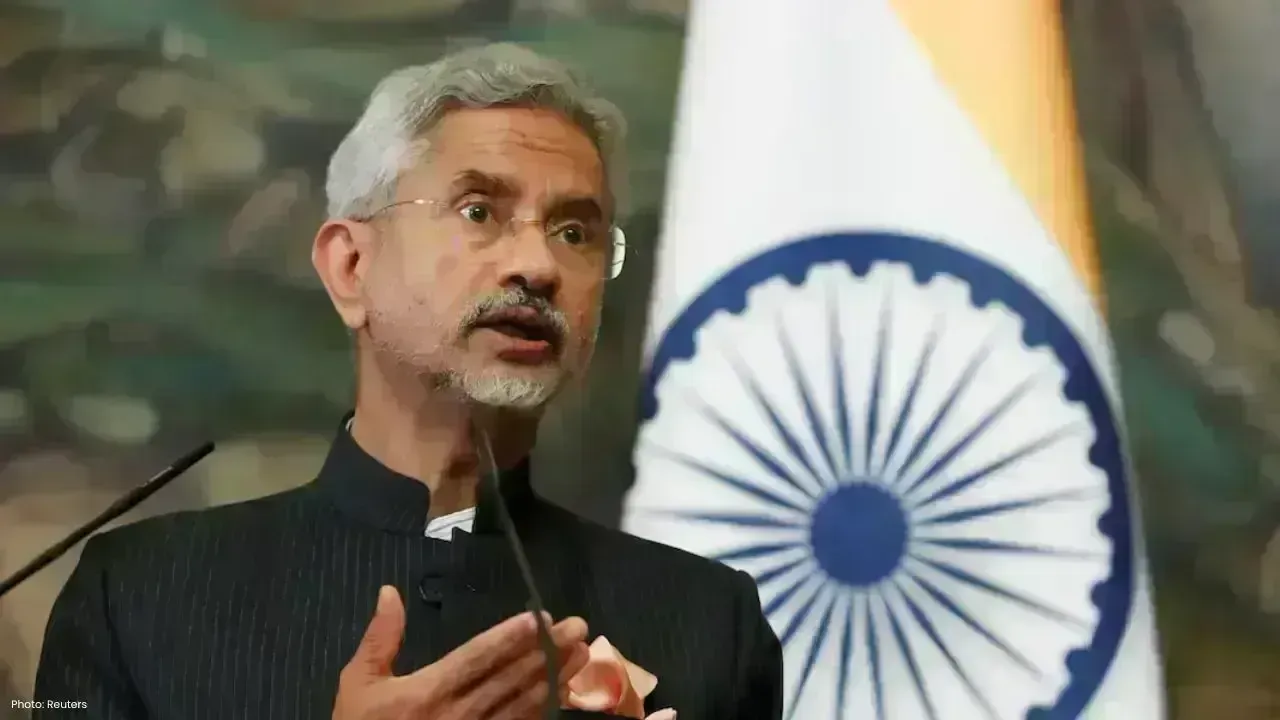You have not yet added any article to your bookmarks!

Join 10k+ people to get notified about new posts, news and tips.
Do not worry we don't spam!

Post by : Anis Farhan
In today’s hyperconnected world, data isn’t just information — it’s currency, power, and influence. From tracking consumer behavior to mapping global health trends, data drives decisions that shape economies and societies. But with this power comes an unprecedented ethical dilemma: who owns the data, how is it used, and what happens when privacy is compromised?
The rise of big data analytics has allowed both governments and corporations to collect, store, and process massive amounts of information about individuals. While this has enabled progress in fields like healthcare, education, and urban planning, it has also raised serious concerns about surveillance, discrimination, and data misuse. Across the globe, countries are now confronting the question of how to harness the benefits of big data without sacrificing fundamental rights.
The digital economy has transformed data into one of the most valuable commodities of the 21st century. Every click, search, purchase, or interaction online feeds into a larger ecosystem of algorithms that predict and influence human behavior. For businesses, this means targeted advertising and predictive analytics; for governments, it translates into smart governance and enhanced security systems.
However, this “data gold rush” has also created ethical gray zones. The relentless pursuit of insights has often overshadowed individual consent. Data harvesting practices, often buried in unread privacy policies, have turned users into products rather than participants. The question isn’t just about legality anymore — it’s about morality and trust.
Governments worldwide are caught in the crossfire between technological advancement and personal privacy. On one hand, data-driven systems promise efficiency and progress; on the other, they risk infringing on human rights if left unchecked.
In Europe, the General Data Protection Regulation (GDPR) has set a global benchmark for privacy protection. It grants individuals more control over their personal data and imposes strict penalties on companies that violate user consent. Countries like Brazil, South Korea, and Japan have followed suit with similar frameworks emphasizing transparency and accountability.
Meanwhile, the United States has adopted a more fragmented approach. With different states enacting their own privacy laws — California leading with its Consumer Privacy Act (CCPA) — the U.S. still lacks a unified federal data protection policy. In contrast, China’s model emphasizes state control over data, prioritizing national security and digital sovereignty over individual privacy.
These contrasting strategies reflect deeper political and cultural values. Western nations often prioritize individual autonomy, while others focus on collective benefits and governance stability. The result is a global patchwork of policies trying to define what “ethical data use” really means.
Consent has become a central issue in big data ethics. Most users have no real understanding of how their information is collected, analyzed, or shared. Clicking “I agree” has become a mechanical action rather than an informed choice.
Transparency, therefore, is not just about disclosing information but making it understandable and accessible. Companies and institutions need to communicate how they collect and use data in ways that ordinary people can grasp.
The ethical responsibility extends beyond compliance — it involves building systems that respect user agency. True transparency should empower users to make meaningful choices about their digital lives, not confuse them with complex jargon and hidden clauses.
Surveillance technologies have expanded dramatically under the banner of public safety and national security. Facial recognition, predictive policing, and mass data collection are now common tools in many countries. While they offer benefits in crime prevention and law enforcement, they also carry the risk of abuse and discrimination.
For instance, real-time surveillance systems can inadvertently profile individuals based on race, gender, or behavior patterns. Without proper checks, these technologies can erode civil liberties and foster mistrust between citizens and governments.
Ethical governance in this space means establishing boundaries — ensuring that surveillance remains targeted, transparent, and accountable. Oversight bodies, independent audits, and public disclosure of surveillance programs are essential steps in maintaining democratic integrity in the age of data control.
Artificial intelligence (AI) depends heavily on big data. However, when datasets are biased, incomplete, or unethically sourced, the algorithms built upon them can perpetuate unfairness. AI systems trained on biased data may discriminate in areas like hiring, lending, or criminal justice.
As AI becomes more autonomous, the debate over ethical responsibility deepens. Who is accountable when an algorithm makes a harmful decision — the programmer, the company, or the machine itself? This question underscores the need for global ethical standards that address AI’s dependence on responsible data use.
Countries such as Canada, Singapore, and the United Arab Emirates have already introduced AI ethics frameworks focusing on transparency, fairness, and accountability. However, enforcement remains inconsistent, and most initiatives rely on voluntary compliance rather than strict regulation.
Corporations are among the biggest collectors and users of big data. From social media giants to retail conglomerates, companies hold vast reservoirs of user information. The ethical challenge lies in ensuring that this data is not exploited for profit at the expense of user rights.
Data breaches and misuse scandals — such as unauthorized data sharing or political manipulation — have fueled public outrage and mistrust. The call for corporate accountability is louder than ever. Ethical data practices must go beyond legal compliance and embrace the principle of “data dignity” — treating user information as an extension of human identity rather than a tradable asset.
This requires a cultural shift within organizations, emphasizing data stewardship over data exploitation. Regular audits, transparent data handling, and third-party oversight can help build consumer trust in an age of digital skepticism.
Global cooperation is key to ensuring ethical data use. As data flows across borders, unilateral regulations are insufficient. International collaboration through treaties and alliances can help standardize practices and reduce conflicts between jurisdictions.
Education also plays a critical role. Citizens must be empowered with digital literacy to understand their data rights and recognize unethical practices. Without awareness, even the best laws remain ineffective.
Technological solutions such as encryption, anonymization, and privacy-enhancing computation can also support ethical governance by minimizing risk and misuse. Ultimately, the goal is not to halt innovation but to guide it responsibly.
The debate over big data ethics is far from settled. As technologies evolve, so too will the ethical questions surrounding them. Quantum computing, brain–machine interfaces, and biometric systems will raise new challenges about consent, ownership, and autonomy.
The next decade will likely witness a shift toward data sovereignty — where individuals and nations reclaim control over their digital assets. Transparency, accountability, and respect for privacy will define the ethical backbone of this transformation.
Big data has the potential to drive unprecedented progress, but only if it’s guided by values that protect human dignity. The challenge before governments, corporations, and citizens alike is to ensure that innovation never comes at the cost of freedom.
This article is intended for general informational purposes only. It does not provide legal, policy, or professional advice. The views expressed are based on current global discussions on big data ethics and may evolve with future technological and regulatory developments.










US Security Officials Drive S. Jaishankar 416 Miles During Shutdown
US security drove External Affairs Minister S. Jaishankar 416 miles during a government shutdown to

US Pledges $45M to Strengthen Fragile Thailand-Cambodia Truce
The US will provide $45 million in aid to help stabilize the fragile truce between Thailand and Camb

U.S.-India Trade Deal Falters as Modi Skips Trump Call Says Lutnick
U.S. Commerce Secretary Lutnick reveals India wasn’t ready for a trade deal after PM Modi avoided a

Boosting Northern Luzon Economy: Marcos Jr. Inaugurates Modern Camalaniugan Bridge
President Marcos Jr. opens the ₱2.3B Camalaniugan Bridge, enhancing connectivity, trade, and economi

Trump warns China on Taiwan, says any change would upset him
Donald Trump says Taiwan’s future depends on Xi Jinping but warns he would be unhappy if China tries

Gold Prices Slide as Strong Dollar and Futures Selling Weigh
Gold prices dipped as investors adjusted positions ahead of a commodity index reshuffle, while a str